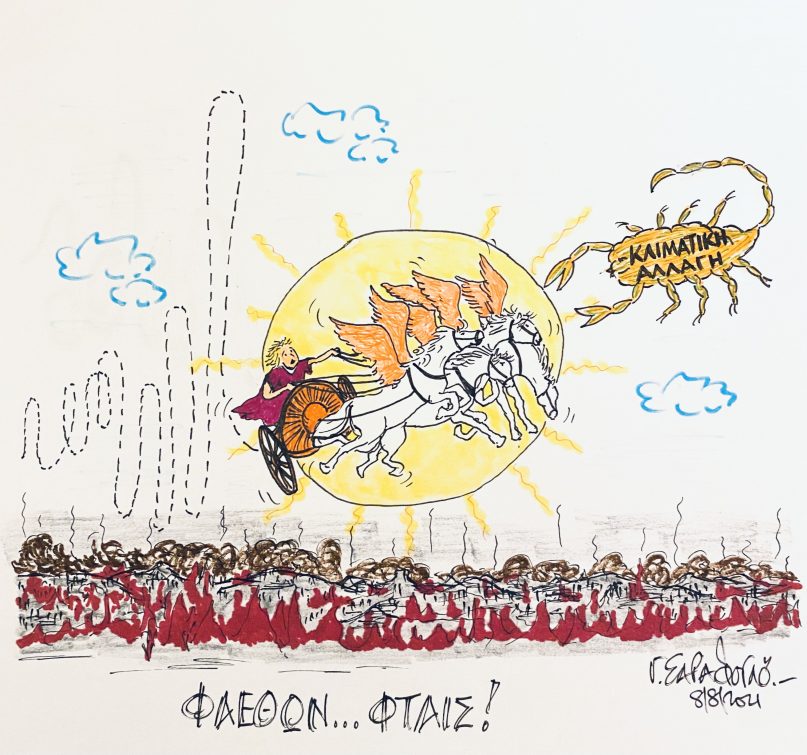
Φαέθων
Μια μέρα, ο πατέρας του τον άφησε να οδηγήσει το άρμα του. Όμως ο Φαέθων δεν στάθηκε αντάξιος της εμπιστοσύνης του πατέρα του. Σύμφωνα με την μυθολογική εκδοχή, μόλις ο Φαέθων, που οδηγούσε το άρμα του Φοίβου-Ήλιου, είδε το φοβερό Σκορπιό στον ουρανό, τρόμαξε τόσο πολύ, ώστε έχασε την ψυχραιμία του και δεν μπόρεσε να ελέγξει τα ηνία του άρματος του πατέρα του. Επακολούθησε το αφήνιασμα των αλόγων, που είχε ως αποτέλεσμα να ανεβοκατεβαίνει ο Ήλιος, απειλώντας με καταστροφή τη Γη. Τελικώς μάλιστα, τα άλογα έφεραν το άρμα τόσο χαμηλά και κοντά στη γη, ώστε άρχισε να καίγεται και τα ποτάμια άρχισαν να ξεραίνονται από την εκπεμπόμενη θερμότητα. Ο Δίας, θέλοντας να προλάβει χειρότερες καταστροφές, τον γκρέμισε με ένα κεραυνό στον Ηριδανό ποταμό, σκοτώνοντάς τον.
Wikipedia
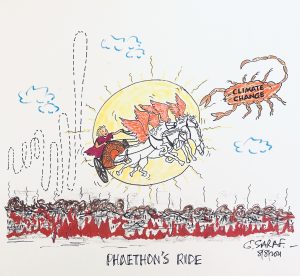
Phaethon,
(Greek: “Shining” or “Radiant”) in Greek mythology, the son of Helios, the sun god, and a woman or nymph variously identified as Clymene, Prote, or Rhode. The most influential extant version of the story, found in Ovid’s Metamorphosis, Books I–II, seems to echo the plot of Euripides’ Phaethon, now partially known from papyrus discoveries. Taunted with illegitimacy, Phaethon appealed to his father, who swore to prove his paternity by giving him whatever he wanted. Phaethon asked to be allowed to drive the chariot of the sun through the heavens for a single day. Helios, bound by his oath, had to let him make the attempt. Phaethon set off but was entirely unable to control the horses of the sun chariot, which came too near to the earth and began to scorch it. To prevent further damage, Zeus hurled a thunderbolt at Phaethon, who fell to the earth at the mouth of the Eridanus, a river later identified as the Po.
Encyclopaedia Britannica

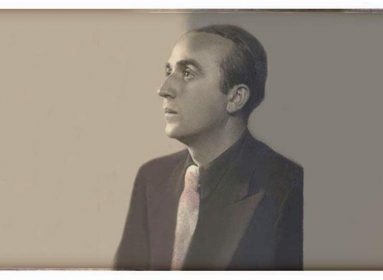

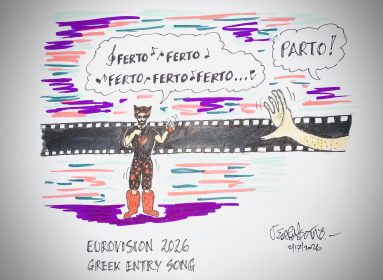

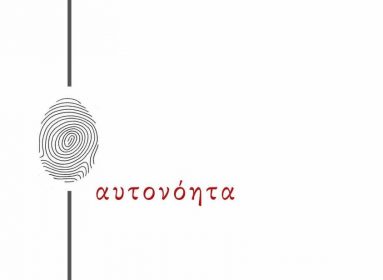



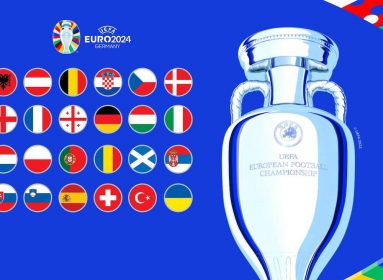











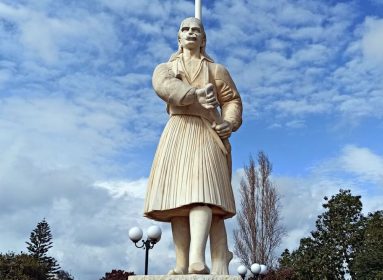
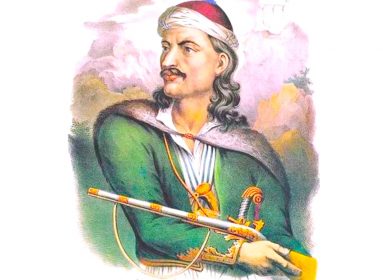

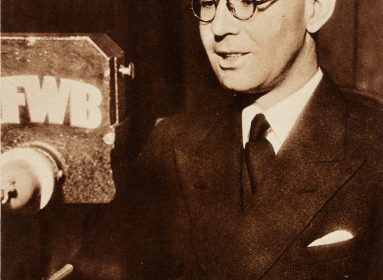




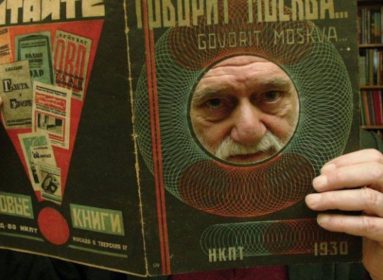
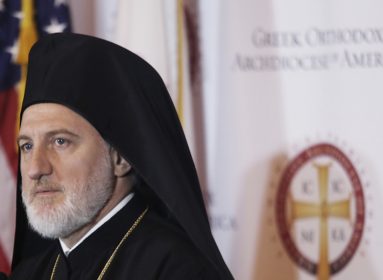







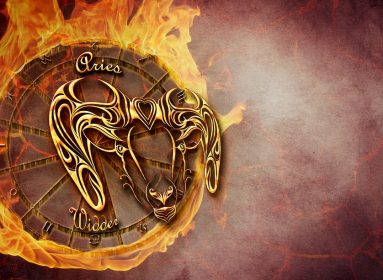

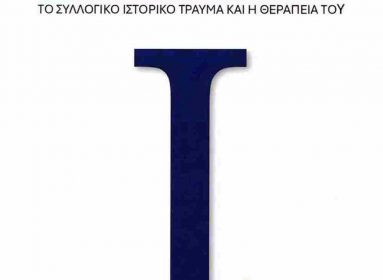
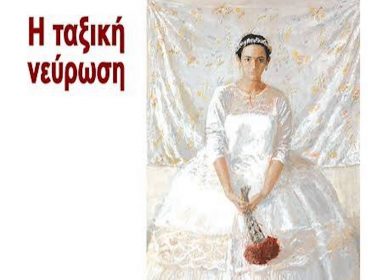

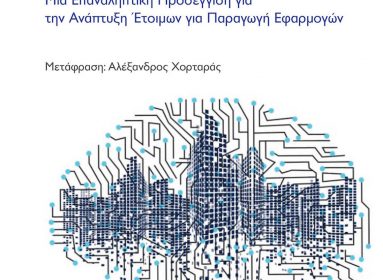






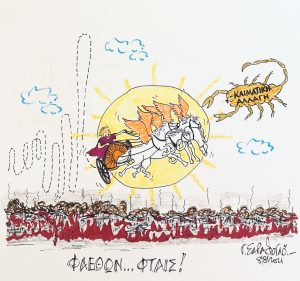
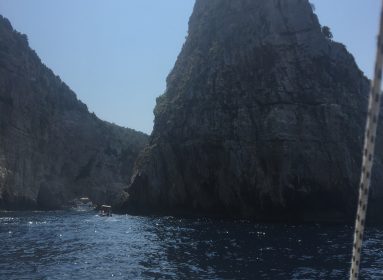

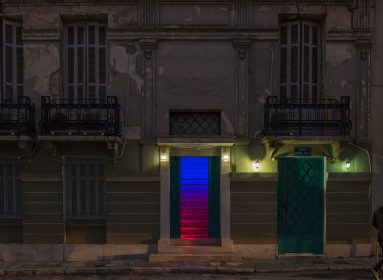
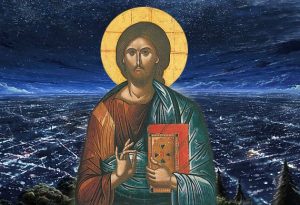


 Το σκίτσο είναι του Βαγγέλη Παυλίδη
Το σκίτσο είναι του Βαγγέλη Παυλίδη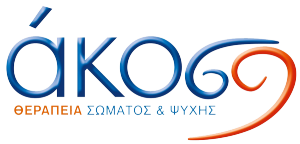
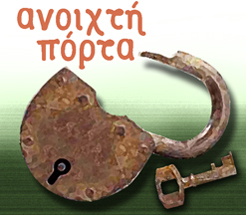
 Στηρίξτε-Ενισχύστε την iΠόρτα με τη δική σας χορηγία…
Στηρίξτε-Ενισχύστε την iΠόρτα με τη δική σας χορηγία…